Free speech advocates often face the accusation that they are defending a right that embeds existing structural privilege. Many claim that free speech protects the wealthy and powerful from the consequences of language and beliefs that oppress others. For this reason, they argue, legal limitations are needed on free speech to defend the powerless.
Yet this is demonstrably false.
Research which will be published next month in the Journal of Economic Behaviour and Organization by academics from Victoria University of Wellington and Motu Economic and Public Policy Research demonstrates a fact we have long claimed at the Free Speech Union: free speech defends first the vulnerable and marginalised. The study, which looked at population datasets from around the world and drew from the World Values Survey, found that while individuals with greater resources may place greater stated priority on freedom of speech, it is individuals with fewer resources who consistently receive the greatest benefits from free speech.
We are often told that the poor and otherwise marginalised need state protection from certain speech. Indeed, the New Zealand government’s recent attempt to extend hate speech laws, and the current proposals to regulate social media, often stem from these claims. Yet, the researchers write: ‘Our results indicate that, within countries, individuals with lower income and lower education levels benefit most from free speech. These results support the hypothesis that free speech has an empowerment effect for those with fewer resources in society.’
If we stop and consider the claim made by the researchers for a minute, it makes sense. If we claim that individuals are allowed to speak freely, without fear of physical, economic, or political consequences, then those who have the most to lose from physical, economic, or political consequences, ie those with the least power to resist these consequences, stand to benefit first.
Why should the rich, powerful, and privileged care about a basic societal norm that enables them to speak without consequence? They are rich, powerful, and privileged. They can bear the consequences. It is the poor, powerless, and oppressed for whom the ability to speak is most significant.
Despite the suspicion (or outright antagonism) that is growing against the basic liberty to speak freely, even expressing things that others find offensive or hurtful, free speech still operates as a great defender of the vulnerable. As Jonathan Rauch, the gay American author who rose to prominence in the fight for marriage equality, claimed, ‘Free speech isn’t a minority’s best friend; it is their only friend.’
Free speech is a perennially radical idea. Admittedly, the notion that our worst enemy should be allowed to speak is counter-intuitive. Even today, approximately 8 per cent of the world’s population lived in countries with full freedom of speech, whereas over two-thirds (67 per cent) live in countries with no respect for freedom of speech. It is a rare society which allows the poor, uneducated, and uncouth to speak as fearlessly as the wealthy, educated, and refined.
By and large, New Zealand has been one of those societies, and the marginalised have benefited from this freedom. But we would be foolish to think that this is an unavoidable cultural value for Kiwis. Like all freedoms, it must be protected and maintained. And it is the poor and powerless who will suffer most if we fail. Good intentions may lead us to silence nasty voices that afflict the vulnerable, but in doing so we set a precedent that speech is not free- which means only those who can afford to pay may possess it.
Rather than enabling structural oppression, free speech has, time and time again, been the primary weapon used by the marginalised and disadvantaged to undermine the rich, powerful, and privileged. For this reason, creating a culture in the name of the marginalised that is suspicious of free speech and which chips away at its legal standing does a great disservice to the very communities we may be seeking to help.
Jonathan Ayling is chief executive of the New Zealand National Workers’ Union and advocacy group the Free Speech Union
Got something to add? Join the discussion and comment below.
Get 10 issues for just $10
Subscribe to The Spectator Australia today for the next 10 magazine issues, plus full online access, for just $10.

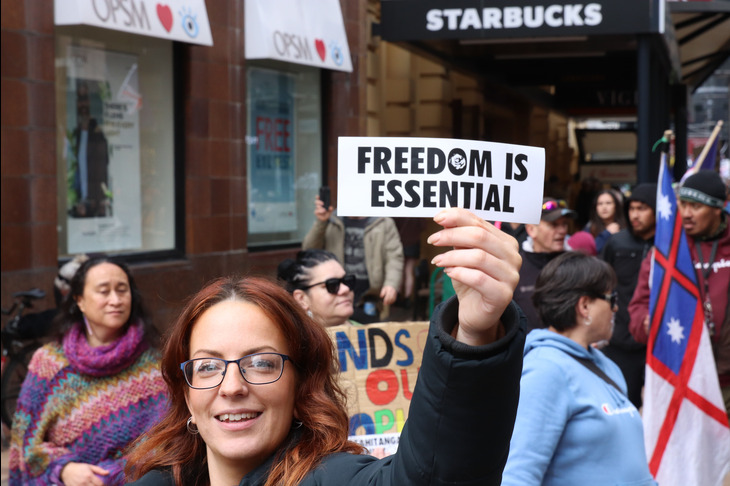
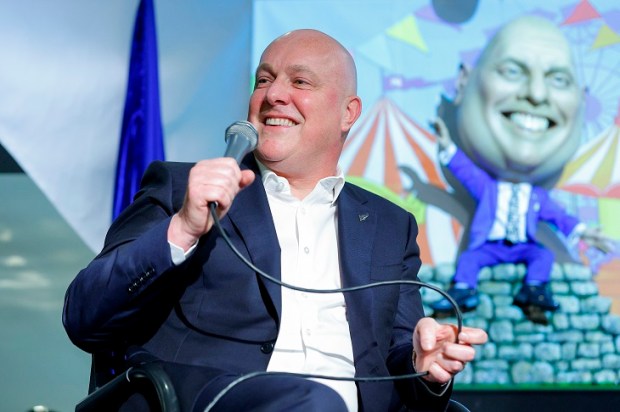
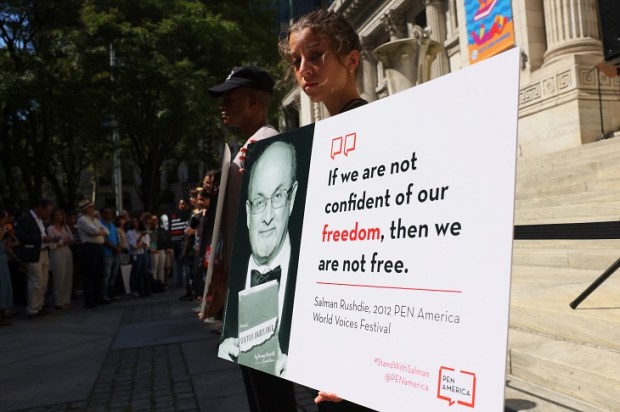
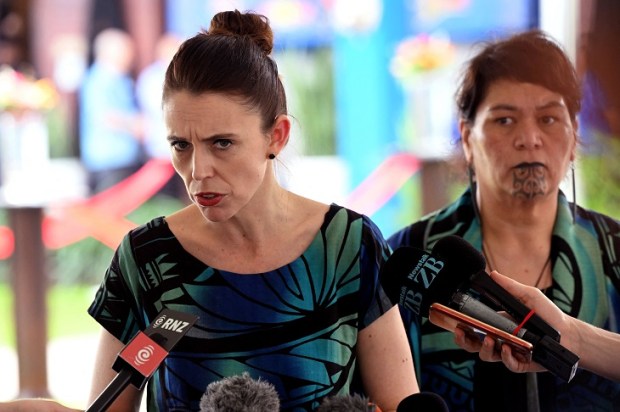
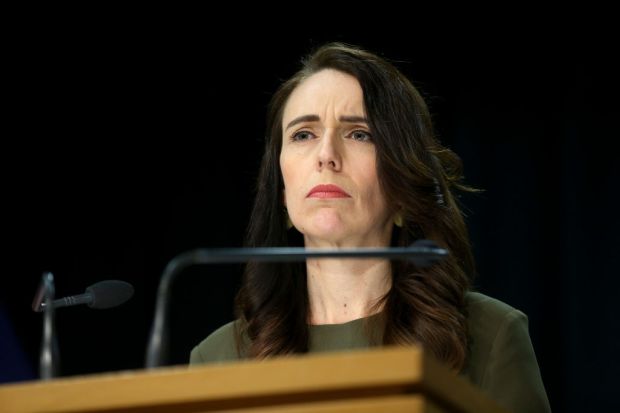
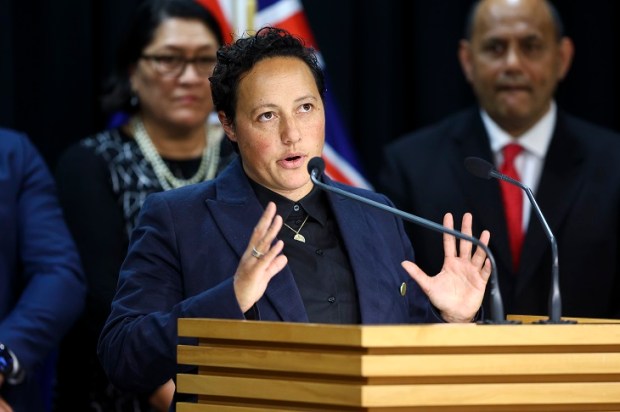
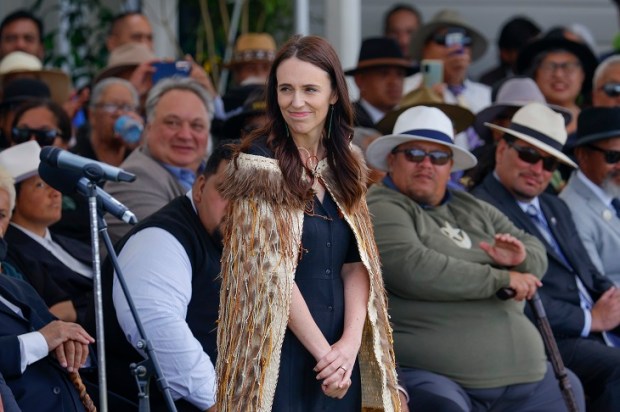


















Comments
Don't miss out
Join the conversation with other Spectator Australia readers. Subscribe to leave a comment.
SUBSCRIBEAlready a subscriber? Log in